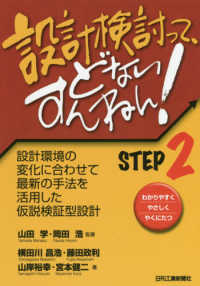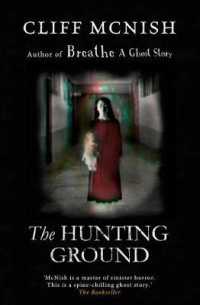Full Description
In this lively and provocative book, two feminist public sociologists turn to classical social thinkers-W. E. B. Du Bois, Max Weber, Karl Marx, and Émile Durkheim-to understand a series of twenty-first century social traumas, including the massacre at Columbine High School, the 9/11 attacks, the torture at Abu Ghraib prison, and Hurricane Katrina. Each event was overwhelming in its own right, while the relentless pace at which they occurred made it nearly impossible to absorb and interpret them in any but the most superficial ways. Yet, each uncovered social problems that cry out for our understanding and remediation.
In When the Center Is on Fire, Becky Thompson and Diane Harriford assert that classical social theorists grappled with the human condition in ways that remain profoundly relevant. They show, for example, that the loss of "double consciousness" that Du Bois identified in African Americans enabled political elites to turn a blind eye to the poverty and vulnerability of many of New Orleans's citizens. The authors' compelling, sometimes irreverent, often searing interpretations make this book essential reading for students, activists, generations X, Y, and Z, and everybody bored by the 6 o'clock news.
Contents
Acknowledgments
Introduction: An Offering ... Can We Talk?
Part One. Consciousness: Lessons from Hurricane Katrina
Chapter One. Condoleezza Rice, W. E. B. Du Bois, and Double Consciousness
Chapter Two. Hurricane Katrina and Historical Memory
Part Two. Spirit: The 9/11 Attacks
Chapter Three. The 9/11 Attacks and Max Weber
Chapter Four. Moments of Grace/Grace Undermined
Part Three. Labor: The Abu Ghraib Prison Abuses
Chapter Five. Karl Marx and Alienation
Chapter Six. Looking for Species Being: Trauma and Its Consequences
Part Four. Body: The Columbine School Shootings
Chapter Seven. Émile Durkheim and Embodiment in the Age of the Internet
Conclusion: Regeneration
Notes
Bibliography
Index








